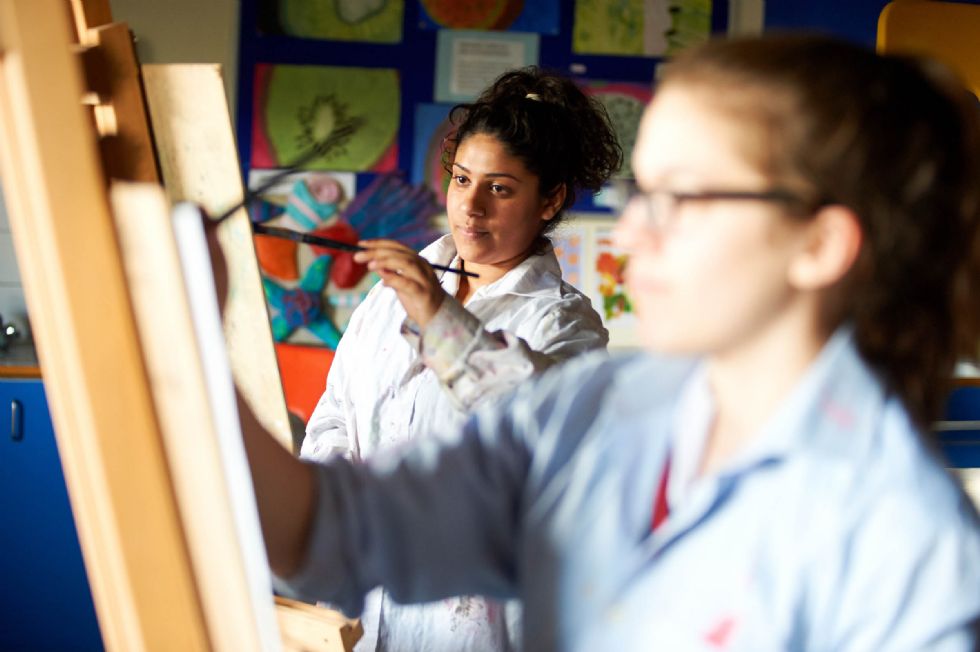History
Curriculum statement - History
‘Confident in God’s love for us, we commit ourselves to His service’
“How can we understand our present or glimpse our future if we cannot understand our past?” (Stephen Fry 2006)
History invites pupils to engage with the stories of people from the past. It fosters an understanding of the experiences of people from all levels of society, from different backgrounds and different countries, at different times. Through the study of history, we learn about the causes of wars and revolutions, the significance of individuals, changing social attitudes and the importance of politics, religion, science and technology throughout time. The aim of our teaching is to develop a lifelong love of history whilst equipping our students with the skills needed for life, such as empathy, interpretation, analysis, research methods and leadership.
We encourage students to be creative and critical thinkers by providing a knowledge rich curriculum which gives them opportunities to question and investigate areas of history which have caused much academic debate. Pupils experience a range of stimulating learning activities, including independent projects which are embedded into units within Key Stage 3 allowing pupils to produce models, video blogs, posters and essays on topics as diverse as how Empire influenced interior design in Britain to the role of art in propaganda.
AIMS
- To foster a fascination with the past and a love of the subject that pupils take with them into adulthood.
- To inspire students to find out more about the history all around them, outside of the classroom – and to share and celebrate their experiences with us.
- To challenge pupils to think critically about the world around them and to recognise the difference between opinion and fact and be confident in forming well-supported judgements based on evidence.

